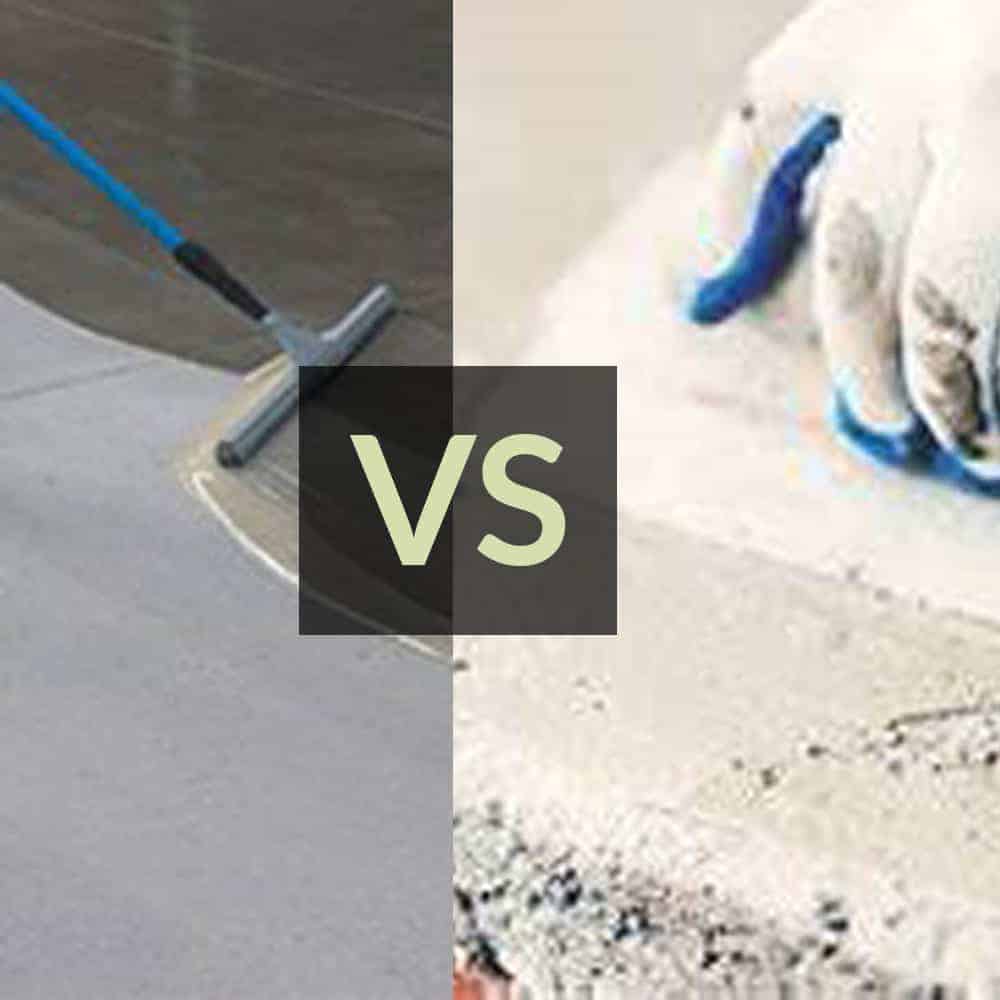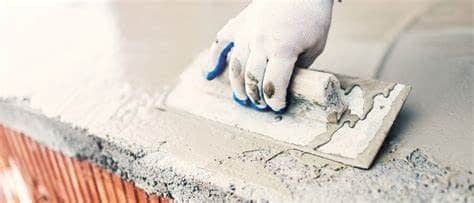Let us discuss a widely known topic on Epoxy Flooring VS Waterproofing Method, which will be the more re-known method. We might consider on going more in-depth to a specific waterproofing method which is cementitious waterproofing. Although SWC provide other types of waterproofing method such as PU injection grouting. We would love to cover all waterproofing method in the market. Here we will drill down on the vast difference between epoxy flooring vs waterproofing method.
Epoxy Flooring
Epoxy flooring is one of the most widely known and used floor coating resins. Versatile in its application as a concrete covering and protection. Epoxy is slip-resistance, abrasion resistance, durable, customizable, sustainable, and decorative for any surface and it is high resistance of wear and tear.
Epoxy flooring is a versatile chemical solution which consists of polymer resins and hardeners, this chemical bond creates a stiff plastic material that is durable resistant to degradation and bonds exceptionally well to its substrate.
Epoxy can apply over new, old, cracked, or damaged concrete floors to create a smooth, durable, and levelled texture on the surface of the floor. It supplies a shiny, seamless look for commercial, industrial, and residential.
Benefits of epoxy flooring is effortless to daily sweep and mop cleaning, tough to hard object impact and supply clean look to the room. Epoxy are slip-resistant and reply water on concrete flooring.
The downside of epoxy flooring is the application process. Each coating requires 12 hours before next application and professional skill needed to complete a good waterproofing coverage, improper application will lead to complication issue in future. Epoxy flooring will isolate the area for at least 24 hours for a complete dried up and fully cured completely. Here we have a more detailed writing on epoxy flooring disadvantages.
Most minor cracks and chips must repair with concrete patching product and make sure the patched areas are completely dried and cure before applying epoxy coating to the surface.
Epoxy creates a tougher coating than paint to the cement, with epoxy you have a substance that bonds to the concrete, creating a non-volatile and resistant surface that can withstand wear and tear.
Epoxy coating for commercial and industrial flooring, to supply high-performance, smooth, and durable surface to withstand heavy loads. Industrial sites, warehouse and commercial building rely on epoxy floors to support clean and safe conditions for workers, equipment, and inventory.
Cementitious waterproofing
Cementitious waterproofing method uses cement-based polymer coatings to create a barrier to water and moisture. It protects structures against water infiltration.
Before applying cementitious systems, substrates must be free of dirt and any another acidic material. All crack and honeycomb must fill and patched before application of cementitious waterproofing material. Drying of the concrete surface not necessary as they needed a damp surface.
The cons of using cementitious waterproofing would require two to three coats to obtain good waterproofing coverage for long term. This method requires proper curing of the cementitious waterproofing coating, usually a wet cure of 24-48 hours as we compared it to epoxy, which only require 12 hours before next coating. Thus, you can make a conclusion from epoxy flooring vs cementitious waterproofing.
A comparison of Epoxy Flooring VS Waterproofing Method
We would take an example of waterproofing method which was method above, cementitious waterproofing method as a comparison with epoxy grouting. In future blogs and articles, we might move in depth into waterproofing types that SWC have discussed before.
A comparison of cementitious waterproofing coatings show that if a concrete wall cracks the membrane will crack as well. It is not stretchable to withstand the crack movement whereas epoxy you have a substance that bonds to the concrete, creating a non-volatile and resistant surface.
Furthermore, cementitious waterproofing however is known to be used in certain areas that are of certain special characteristic such as in water retaining structure, basement, bridge, and other structures such as swimming pool, balcony, bathroom, and kitchen.
We would probably conclude as to using epoxy where high human interactions are involved and cementitious waterproofing where lesser human interaction is involved. There are other type of waterproofing solution in the market. Such as acrylic waterproofing, bituminous membrane waterproofing and polyurethane (PU) injection waterproofing.
SWC Construction offer different type or waterproofing solution. We, welcome you to contact us for free consultation to find out more about the service we provide for waterproofing solution to resolve your leakage issue.





